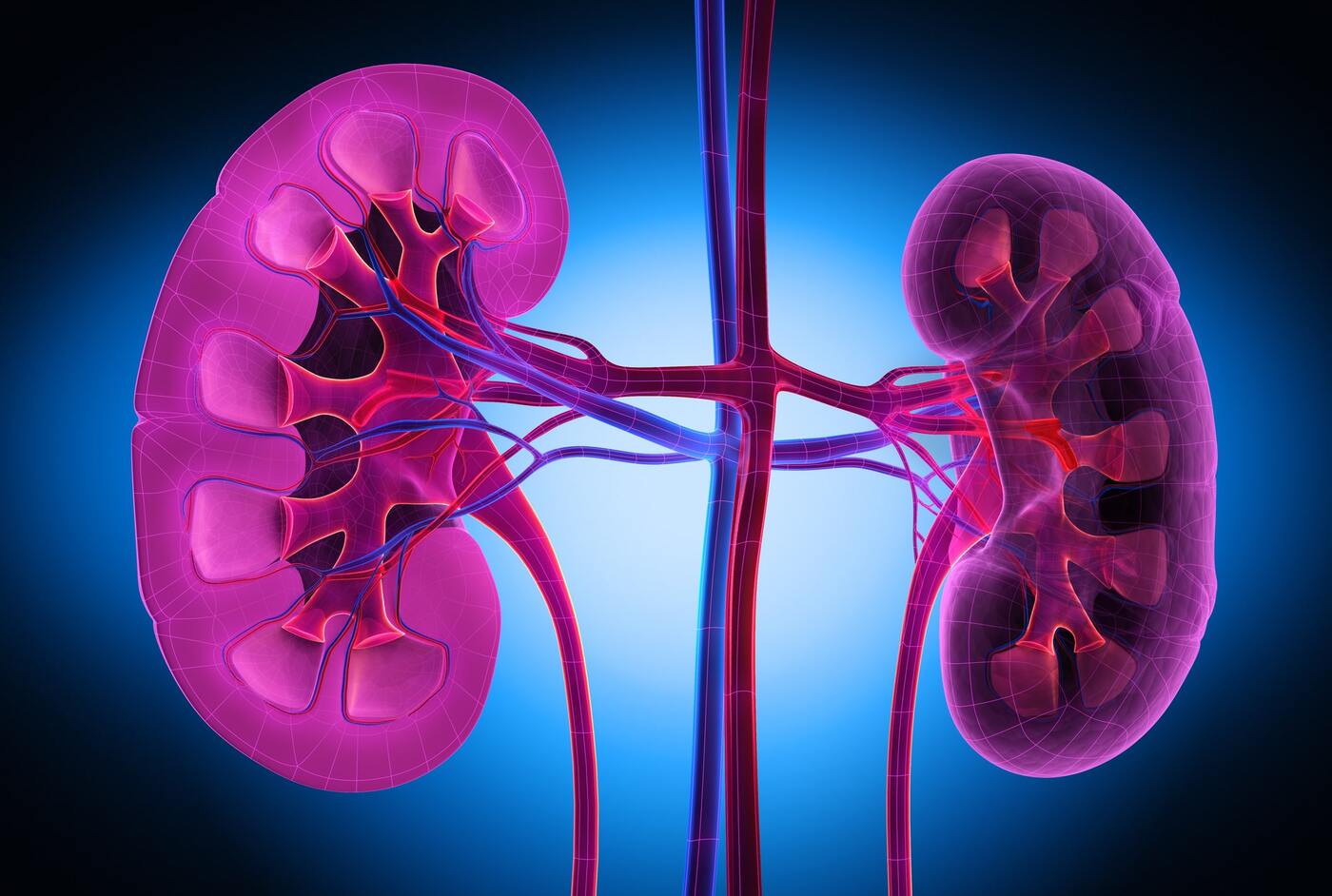Diabetic Kidney Disease (DKD) damages the kidneys and silently makes it worse. Understanding Diabetic Kidney Disease can help to get timely treatment from a leading hospital in Delhi.
Symptoms of Diabetic Kidney Disease
DKD is a silent disease where symptoms are completely visible only when irreversible damage is done. Recognizing the subtle signs is a must. Here are following signs & symptoms:
- Proteinuria: The excessive protein in urine, signals kidney damage.
- Edema: Swelling, in the ankles and legs, reflects compromised kidney function.
- Hypertension: DKD and high blood pressure go hand in hand, creating a lethal synergy.
- Fatigue: Kidney dysfunction soaks energy, leaving individuals chronically fatigued.
- Changes in Urination: Frequent urination or dark, foamy urine are demanding attention.
Main Causes of DKD
Diabetic Kidney Disease (DKD) stems mainly from diabetes, particularly when blood sugar levels are uncontrolled. The delicate vessels in the kidneys suffer harm due to the continuous attack of high glucose levels. This ongoing chain reaction, leading to inflammation, oxidative stress, and abnormal cell signaling, collectively damaging kidney function.
While diabetes is the ringleader, certain factors increases the risk of DKD:
- Poorly Managed Diabetes: Inadequate control of blood sugar levels.
- Genetics: Some individuals inherit a predisposition for kidney disease.
- High Blood Pressure: The dual impact of diabetes and hypertension leads to a kidney disaster.
- Poorly Managed Blood Lipids: Dyslipidemia amplifies the risk
- Smoking & Alcohol
How is the Diagnosis done
Early detection is a great help, and hence require proper diagnosis from a trusted Diagnostic kidney test lab in Delhi. Below mentioned are the tests done for the same:
- Urine Tests: Measuring albumin-to-creatinine ratio detects abnormal protein levels.
- Blood Tests: Elevated creatinine and reduced glomerular filtration rate (GFR) indicate kidney impairment.
- Imaging Studies: Ultrasound or CT scans unveil structural abnormalities in the kidneys.
Kidney Treatment in Delhi after DKD detected
Treatment of DKD requires a lot of lifestyle changes along with medicine course for proper healing.
- Blood Sugar Control: Rigorous management of diabetes is non-negotiable. Insulin, oral medications, or other injectables are deployed with precision.
- Blood Pressure Management: The diabetes and hypertension demands aggressive blood pressure control. ACE inhibitors and ARBs may be suggested by your nephrologist.
- Lifestyle Modifications: A low-sodium diet, regular exercise, and smoking cessation are non-negotiable.
- Medications to Reduce Proteinuria: Medications like ACE inhibitors or ARBs not only control blood pressure but also mitigate proteinuria, curbing further kidney damage.
- Cholesterol Management: Statins or other lipid-lowering agents help rein in dyslipidemia, reducing additional stress on the kidneys.
Progression of Kidney Disease due to Diabetes
GFR stands for Glomerular Filtration Rate. It’s a measure of how well the kidneys are filtering waste from the blood. Progress of DKD is mentioned below in stages:
- Stage 1: Kidney damage with normal GFR.
- Stage 2: Mild reduction in GFR with kidney damage.
- Stage 3: Moderate reduction in GFR.
- Stage 4: Severe reduction in GFR.
- Stage 5: End-stage renal disease (ESRD).
Understanding the progression is helpful making medical interventions effective in the earlier stages. Ready to prioritize your health? Book your appointment and checkup with Best urologist in Pritampura today!
Complications
DKD is not an isolated offender; it triggers a domino effect of complications:
- Cardiovascular Disease: The nexus between DKD and heart disease is ominous, necessitating vigilant management of both.
- Anemia: Impaired kidney function leads to reduced production of erythropoietin, culminating in anemia.
- Bone Health: DKD disrupts the delicate balance of minerals, impacting bone health and increasing the risk of fractures.
- Fluid Retention: Failing kidneys struggle to maintain fluid balance, resulting in edema and potential respiratory distress.
Prevention of Kidney Problems due to Diabetes
While DKD is dangerous and leads to worst kidney conditions, preventive measures are helpful to keep your kidneys healthy:
- Optimal Diabetes Management: Keeping blood sugar levels in check is the bedrock of prevention.
- Blood Pressure Control: Aggressive management of hypertension is non-negotiable.
- Regular Monitoring: Routine check-ups, including urine and blood tests, enable early detection and intervention.
- Healthy Lifestyle: A low-sodium diet, regular exercise, and abstaining from tobacco are prophylactic measures.
DKD should not be overlooked. It need proper management of diabetes and hypertension, and a commitment to lifestyle modifications. Early detection and intervention help to keep kidney function healthy.
Get your kidney diagnose at Madhuban Kidney Care, top Hospital in Delhi


